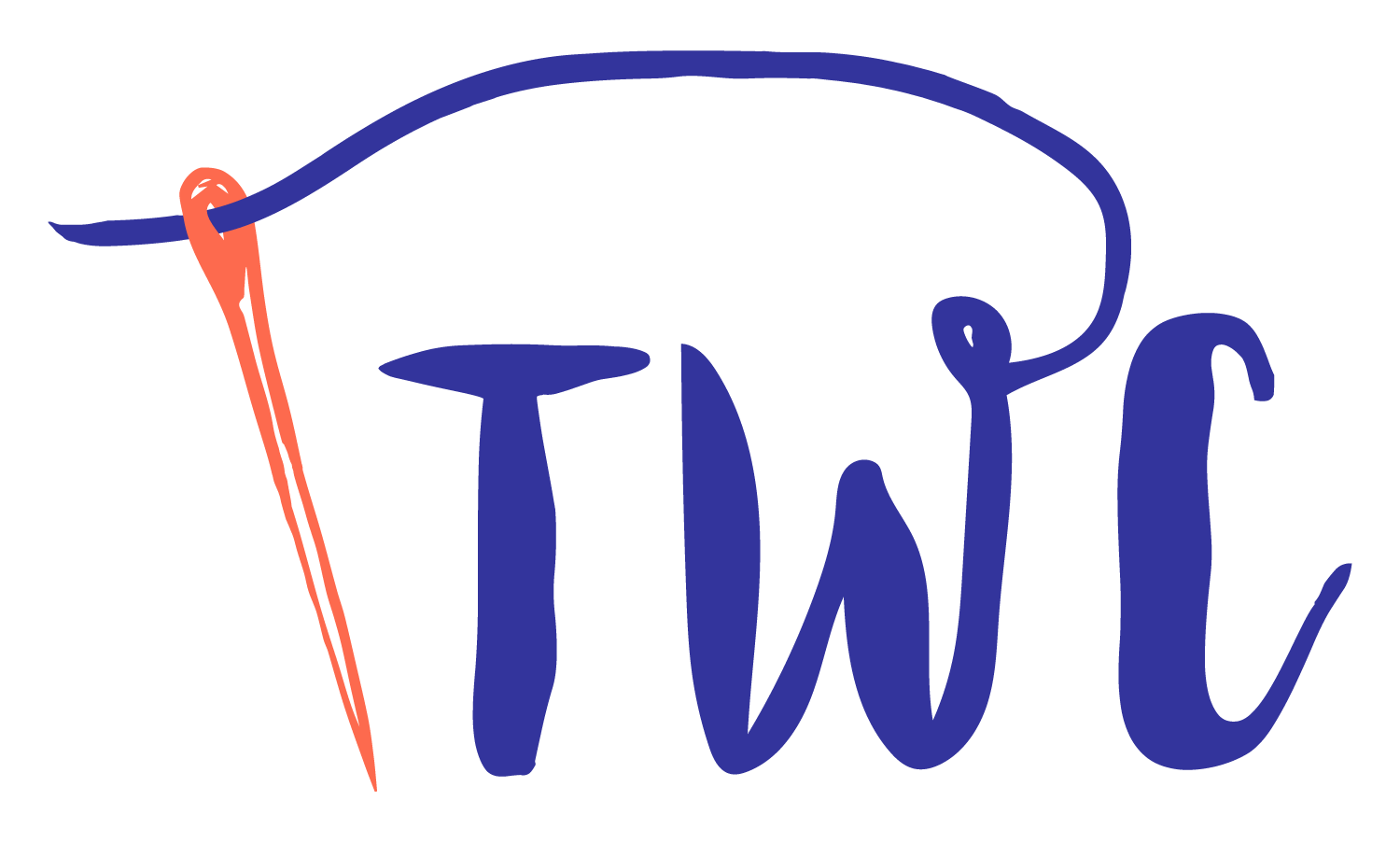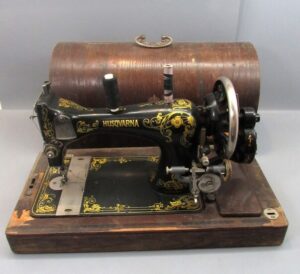As a freelance maker the question I get asked most often by newbies to the industry is ‘What should I charge for my work?’. I don’t know about your education, but my tutors were always very coy (and British) about this and never gave me a straight answer, meaning that I went into the industry unprepared. There are a lot of different schools of thought on this and I am not saying that mine is the only route but it has stood me in good stead so far so I thought if it can be any help to you then I should share my knowledge. I am a freelance maker, on set and backstage worker for theatre film and tv, I graduated 6 years ago, and this is what I have picked up so far.
- I am going to start with a basic rate that you should charge. I charge by the day no matter what I am doing. Even if you only work for half a day you can’t work for someone else in the same day, so if someone hires me, they pay me for the full day regardless of how many hours they actually need me for.
- When quoting for work I assume a 10-hour day when budgeting, but this differs if I am working in my own studio or if I am working in a facility where they have their own working hours.
- Below are links to the rate cards from BECTU for film, tv and theatre (accurate to 2019):
If you click on these links you will see they are basic at best. Not all of them make sense and a lot of rates/titles are missing. But they are a good starting point and with a little creative thinking you can work out a base rate.
As a maker I started out on about £80 a day (this varied wildly but it was the aim) which in a 10 hour day would put me on £8 an hour, which is roughly the national living wage at the time of writing this article [https://www.gov.uk/national-minimum-wage-rates]
Remember that it is illegal to work for less than the national minimum wage in the UK so keep an eye on this when you start out and point it out to employers if you think they are paying too little. Quite often a buy out will sound appealing until you work it out in hours actually being worked.
As a maker 6 years into my career I charge between £150 and £250 a day for my work, this varies due to the production and amount of work which I will touch on later. My daily rate is similar for on set work but that is normally dictated by the production. As a supervisor I charge the top end of this scale as managing people whilst doing your own duties is a more difficult task. Designers are on a higher rate than this as they are head of department.
From a making perspective I often get asked if I can make the price cheaper after invoicing. You can of course do this to accommodate a production but remember that you are allowed to say no. If you were to get a quote for building work would you expect them to lower the price for the same work? I wouldn’t and your job is just the same. People sometimes see what we do as ‘easy’ or ‘women’s work’ and will try to get the price lowered as they don’t respect the skill that goes into it. I often tell people I can’t do it any cheaper and they employ me anyway. Your reaction will obviously be dictated by your personal situation and your love of that job but don’t allow yourself to be bullied into working for less than you are worth, remember that you have trained for this and they are asking you to do the job because they are not skilled enough to do it themselves.
As I mentioned before I do tailor my prices to productions. The fact is that a small scale theatre can’t afford the same as a high end film. My solution to this is to work for slightly less a day (I still don’t drop below £150 a day) and to try to lower the work amount from the production. They will often have big ideas but not enough budget, so I try to work with the production to find a happy middle ground where I can achieve what they want within their budget. That being said I will still turn down a job if the money is not high enough. I love my job but I don’t work for free, it is there to pay my bills and my rent and my sick days and I am very clear about that. It’s a career, not a charity.
I hope that this article helps you when figuring out what to charge. I can’t stress enough how important it is that we all open up about what we are being paid. It is only through being honest and helping each other that we can raise the pay of our entire industry. I know people in Lighting and Sound who don’t work for less than £250 a day… EVER. It is a large amount and they don’t feel embarrassed about that; they know their worth and crucially they know that others in their industry will back them up. One of the main problems we have in Costume is that if we say the job is too low paid the company will just find someone else who will work for less. Quite often these people are inexperienced and don’t know how to conduct proper business – but if no one has told them how much to charge, then how will they know that they are being taken advantage of? We all need to work together in order to improve this industry.







